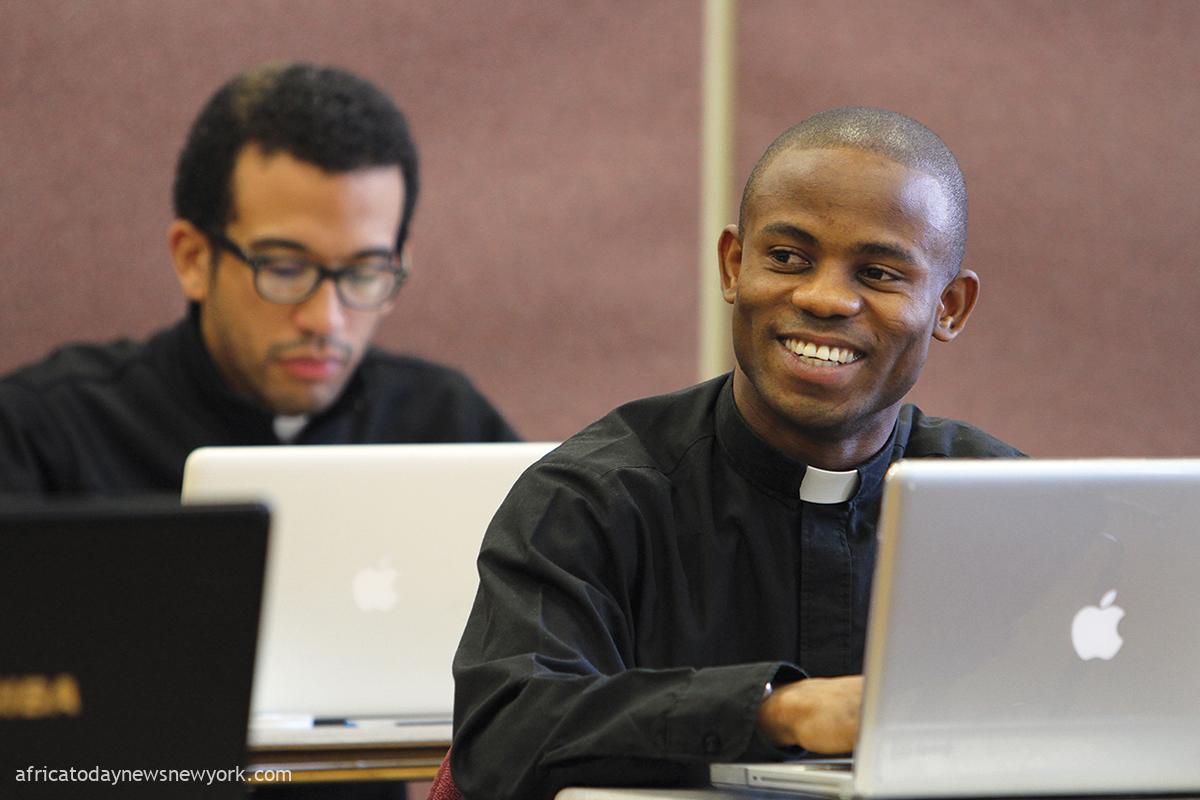The inclusion of a broader range of subjects, extending beyond philosophy and theology, in the curriculum of major Catholic seminaries is a compelling proposition. The time is ripe for a comprehensive review of the learning programs within these institutions. Such a shift would offer seminarians greater flexibility in their personal and professional development and help to address two significant issues: preparing seminarians for life outside the seminary and rectifying society’s misperception of those who choose to leave their seminary education.
To begin with, it is vital to understand the unique predicament many seminarians find themselves in upon exiting the seminary before ordination. Their education, so heavily anchored in philosophy and theology, often lacks the practical life skills or vocational training needed to navigate the secular world confidently. As a result, they may encounter difficulties fitting into societal roles and pursuing successful careers outside of the church.
In addition, there is a lingering societal stigma associated with those who depart from the seminary. These individuals are often seen as having committed a misstep or failure. This view is both unfair and baseless, as some seminarians discover their genuine passions and life goals later in their journey. They should not face criticism for choosing to follow these newly unearthed paths.
Considering these challenges, a shift in the seminary education approach is proposed, with a comprehensive review of the current curriculum being the first step. The revised curriculum should continue to uphold the rigorous standards of theological and philosophical training, as these remain the pillars of any clergy’s education. However, it should also encompass subjects and skills training relevant to various professional sectors.
Read Also: Pope Francis Has Fever, Schedule Now Cleared – Vatican
Seminarians, being some of the brightest minds one could encounter, could benefit from studying fields such as education, law, healthcare, technology, and psychology, among others. It is indeed a disservice to confine their intellectual prowess to parish work alone. With expanded training, they could assume roles as educators, researchers, lawyers, medical professionals, software developers, coaches, and more. This enhanced curriculum would allow them to leverage their theological training and make meaningful contributions to society.
The envisioned diversified curriculum for seminarians serves multiple purposes. It equips those choosing to leave the seminary with the tools and skills needed for successful careers in their selected fields. For those who proceed to become priests, it provides a more comprehensive perspective on life, better preparing them to serve their congregations and communities effectively.
The thought of buried potential due to lack of nurture or opportunity is indeed tragic. It is all too common for individuals with great talents, ideas, and capabilities to be confined to narrow roles, leaving their full potential untapped. By diversifying the curriculum and providing a wider range of skills and knowledge, the full potential of seminarians can be realized and utilized, regardless of whether they choose ordination or a different path. This inclusive, supportive, and productive environment would be beneficial for everyone involved.
By Enyi Nnamdi Emmanuel
